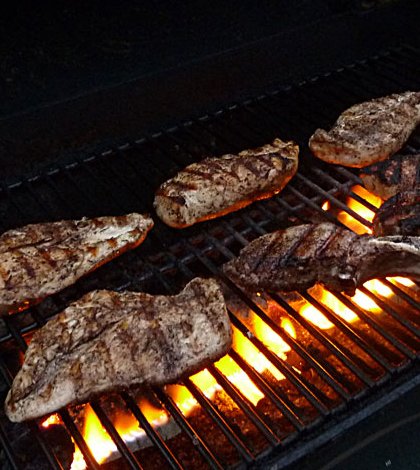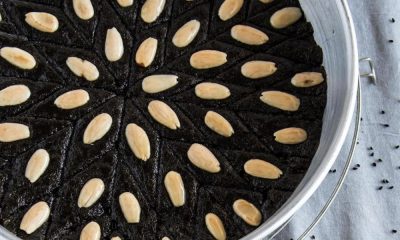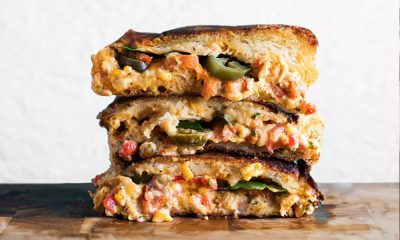The blazingly glorious summer sun is the perfect weather for family get-togethers and weekend pool parties. With the sweltering heat showing no sign of abating anytime soon, people across the U.S. are spending more time in the garden, and mouth-watering backyard barbecue meals are becoming a delicious daily ritual for aspiring grill jockeys everywhere. Here are a few things to keep in mind the next time you’re firing up your faithful grill.
A basic yet essential tip involves barbecue safety. If the flames start to fan out of control due to a sudden gust of wind, a small spray bottle filled with water will prove very useful. Squirt boisterous flames with a wide-ranging mist of quality H2O before swiftly closing the barbecue. In doing this, the water turns to steam and smothers the unruly fire. It is worth noting that you shouldn’t shoot a stream of water directly at the flames, because this will end up pushing any grease around the grilling area.
Another important element involves lighting the barbecue and starting to cook well in advance of your friends arriving. If timed correctly, guests will enter your abode to the alluring smells that will help cement your culinary genius. Keep in mind that you should slowly cook your meats on a low heat after the grill is fully heated. As the old saying goes, “slow and low is the key.”
It is also wise to have everything marinated the night before you plan on cooking. When it comes to marinades, sea salt and freshly ground black pepper are your friends, and hot sauce also gives an excellent tang. Extra virgin olive oil should never be added to a marinade because it will smoke on contact with the barbecue’s cooking surface and instantly char and burn. Instead, use vegetable oil or a light olive oil. Ensure that you shake off any excess coating before you place anything onto the grill, as this will avoid the flames flickering. Ultimately, failing to remove surplus marinade can leave the food with a bitter taste when finally served.
Remember to separate raw meat from its cooked counterparts. Additionally, it’s always a good idea to remove raw ribs, burgers, steak, chicken and/or fish from the fridge at least 30 minutes before you begin cooking. If not, the outside could burn while the inside remains uncooked. Test that food is fully cooked by cutting into its middle with a small sharp knife, checking that the flesh is thoroughly warm and that any juice runs clear and no blood is present. After cooking, place your food away from direct heat to rest, perhaps by wrapping it in aluminum foil for a few minutes. Doing this gives the meat time to reabsorb its juices.























